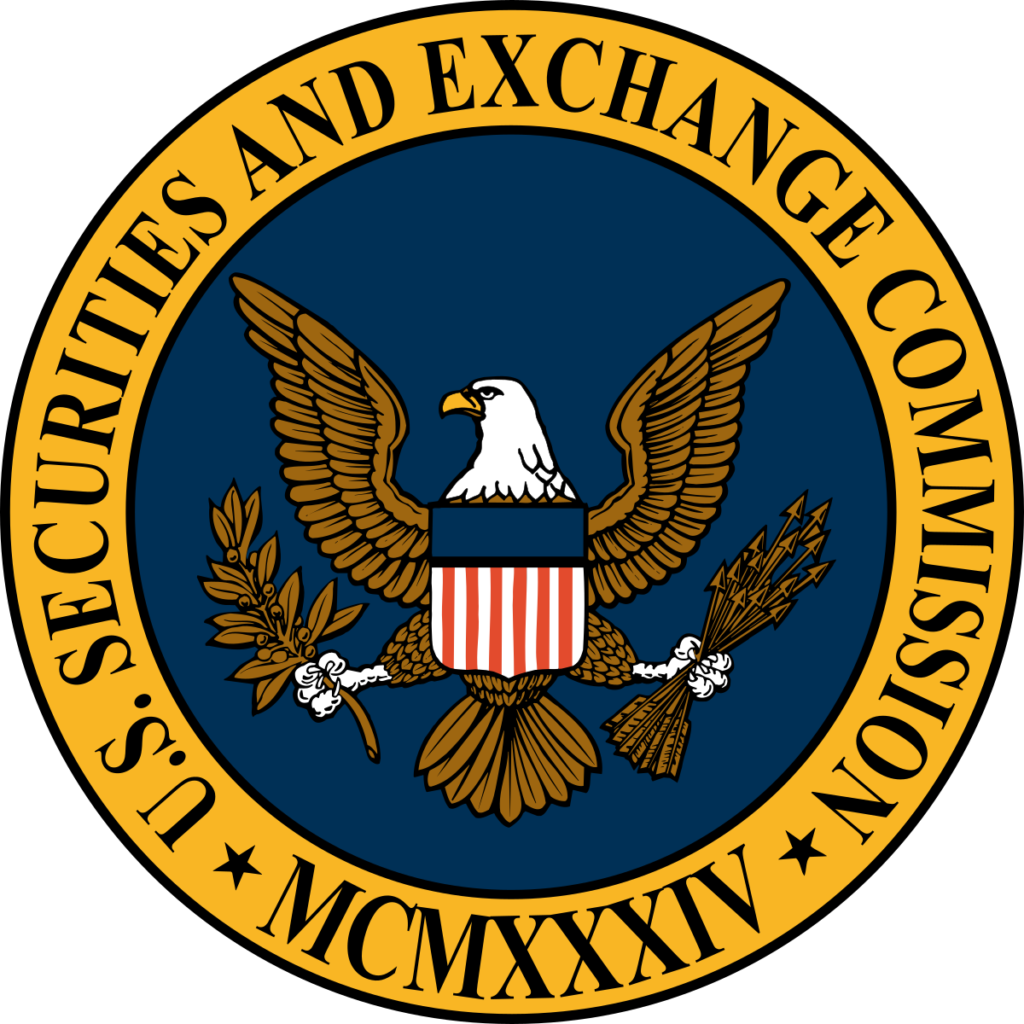
WASHINGTON D.C.: The Securities and Exchange Commission today charged Robinhood Financial LLC for repeated misstatements that failed to disclose the firm’s receipt of payments from trading firms for routing customer orders to them, and with failing to satisfy its duty to seek the best reasonably available terms to execute customer orders.
Robinhood agreed to pay $65 million to settle the charges.
According to the SEC’s order, between 2015 and late 2018, Robinhood made misleading statements and omissions in customer communications, including in FAQ pages on its website, about its largest revenue source when describing how it made money – namely, payments from trading firms in exchange for Robinhood sending its customer orders to those firms for execution, also known as “payment for order flow.”
As the SEC’s order finds, one of Robinhood’s selling points to customers was that trading was “commission free,” but due in large part to its unusually high payment for order flow rates, Robinhood customers’ orders were executed at prices that were inferior to other brokers’ prices.
Despite this, according to the SEC’s order, Robinhood falsely claimed in a website FAQ between October 2018 and June 2019 that its execution quality matched or beat that of its competitors.
The order finds that Robinhood provided inferior trade prices that in aggregate deprived customers of $34.1 million even after taking into account the savings from not paying a commission.
Robinhood made these false and misleading statements during the time in which it was growing rapidly.
“Robinhood provided misleading information to customers about the true costs of choosing to trade with the firm,” said Stephanie Avakian, Director of the SEC’s Enforcement Division.
“Brokerage firms cannot mislead customers about order execution quality.”
“Robinhood failed to seek to obtain the best reasonably available terms when executing customers’ orders, causing customers to lose tens of millions of dollars,” said Joseph Sansone, Chief of the SEC Enforcement Division’s Market Abuse Unit.
“Today’s action sends a clear message that the Commission will not allow brokers to ignore their obligations to customers.”
“There are many new companies seeking to harness the power of technology to provide alternative ways for people to invest their money,” added Erin E. Schneider, Director of the SEC’s San Francisco Regional Office.
“But innovation does not negate responsibility under the federal securities laws.”
Without admitting or denying the SEC’s findings, Robinhood agreed to a cease-and-desist order prohibiting it from violating the antifraud provisions of the Securities Act of 1933 and the recordkeeping provisions of the Securities Exchange Act of 1934, censuring it, and requiring it to pay a $65 million civil penalty. Robinhood also agreed to retain an independent consultant to review its policies and procedures relating to customer communications, payment for order flow, and best execution of customer orders, and to ensure that Robinhood is effectively following those policies and procedures.
The SEC’s investigation was conducted by Jonathan Warner and Ainsley Kerr of the Market Abuse Unit and Matthew Meyerhofer, Victor Hong, and Andrew Hefty of the San Francisco Regional Office. The case was supervised by Steven Buchholz and Mr. Sansone of the Market Abuse Unit and Monique C. Winkler of the San Francisco Regional Office. Examinations of Robinhood conducted by Michael Marren, Catherine Cotey, Michael Wells, David Kinsella, and John Broderson of the SEC’s Chicago Regional Office and Jerry Schoenborn, Shanti Radkar, Marcus Chan, and Stephanie Wilson of the SEC’s San Francisco Regional Office contributed to the investigation. The SEC also acknowledges the assistance of the Financial Industry Regulatory Authority.
www.sec.gov